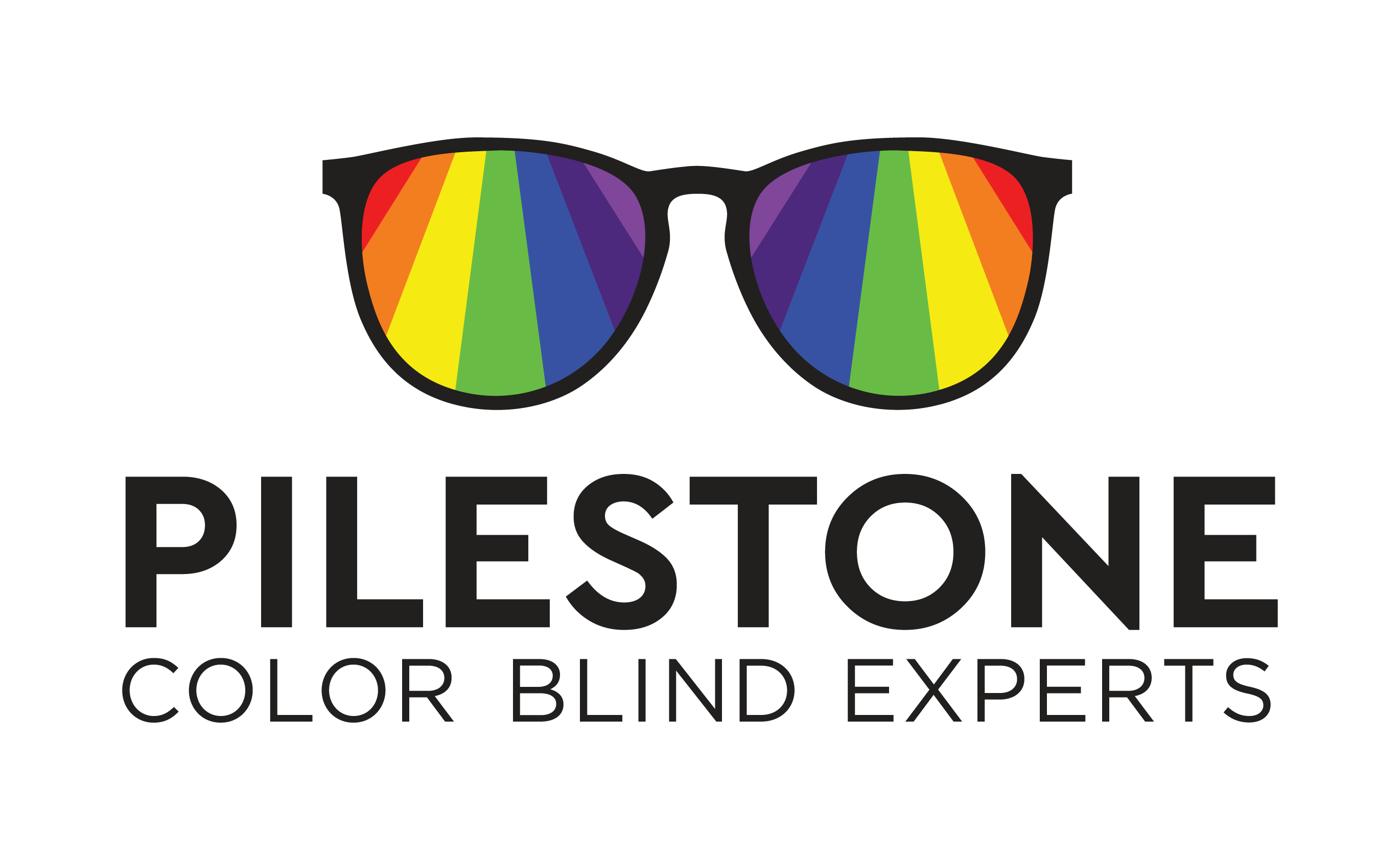We are perfectly imperfect, flawed humans from the start.
We're "flawed" according to the judgements or assessments of standards we invent -- moral traditions, enforced community laws, workplace rules, aesthetic trends, etc. As George Benard Shaw (and some proto-anarchists before him) once implied, freethinkers liberate themselves from local traditions, beliefs, and conformity simply to find or create a new set of chains more to their liking.
For instance: A deity is often just a set of principles that has been personified by adherents. The parsimonious non-theist simply drops that superfluous, supernatural embodiment of abstraction, while still retaining those imaginary, fabricated conceptions mediated by language. Or wanders to a different canon of them. Due to some types of principles being useful or outright necessary for holding social groups and civilizations together.
Rise to a sufficient level of cognitive elevation, and the theist and the non-nihilist atheist blur into a shared category -- like a giraffe and an elephant being mammals. Both are advocates of human behavior being regulated by made-up and make-believe ethical or socioeconomic forces. Sacred fictions are the backbone of preventing human descent into the usual feral horrors of nature's biological stratum.
I believe we change as life's experiences wash over us over time. I cannot say I am the same person of 20 years ago. Does age make us wiser and better people? Or do we grow thorns?
In terms of an individual changing over time or exhibiting a sequence of
distinct temporal parts... There's no universal outcome with respect to becoming better or worse, embracing us all. Many of us probably have at least a distant bipolar or other mental illness relative who went from being "nice and easy to get along with" early in their life to just the opposite as they got older and _X_ condition set its claws into them.
Identity-wise, what keeps us tied to past versions of ourselves is both the memories in the brain and the "historical data" stored in the outer environment. If I suffered a complete memory loss of autobiographical information, but still retained
semantic memory or whatever, then I would become a new person occupying the same body. However, the society surrounding me would coerce me back to the prior identity status. Exceptions being if I was on an uninhabited part of the planet, or a region far away that was inept at discovering who I had been before.
So internally or psychologically a kind of pseudo-reincarnation is possible in theory, in the course of one lifetime. But the information stored in the outside world along with the still surviving body's persisting relation to it, will usually prevent becoming totally free from the baggage of the prior identity.
_

